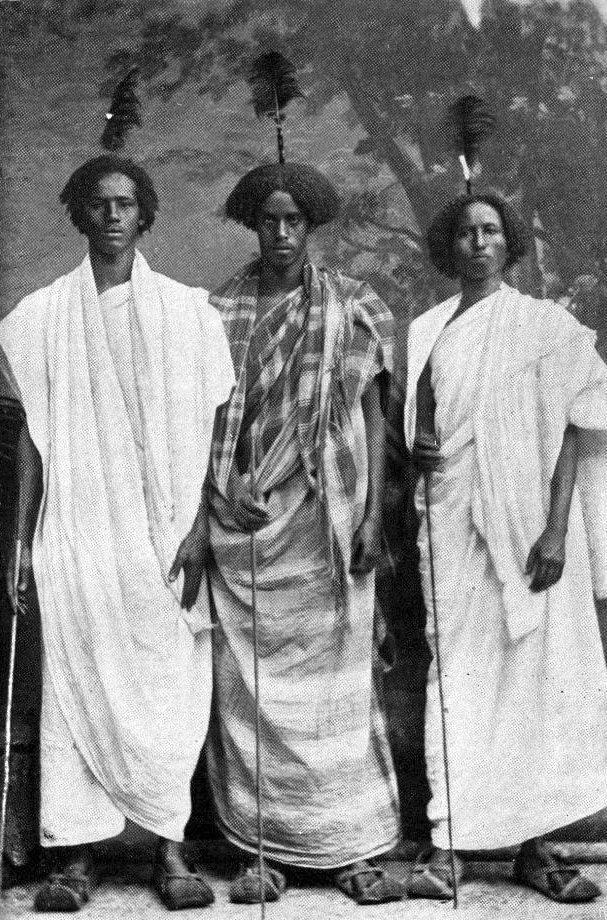Very little research has been done on Somali men, one that comes to mind is “The impact of war on Somali men” by Rift Valley Institute and Nairobi Forum, which talks a lot of what impact did the prolonged war had generally on Somali men and boys.
The 2.5 decades of civil war in Somalia has created many types of Somali men also further division on diaspora just creates much more complexity to understand the Somali men second generation and third generation. For example, if we are to look at the extreme end the type that would die for their clan or forced onto working for Al Shabaab regardless of which part of the world they may live, athis kind of Somali men is living in fear and are reluctant to carry out atrocities.
The other extreme end would be the type of Somali men that would be sufficient with the little income received either from their women working, or through their family generosity remittance or some form of benefits, whilst the middle of all is the famous and millionaire type who puts in a lot of sacrifices in life from their direct family to everything. One can say that Somali men in East Africa are leaders in the business sectors, in cabinet minsters of different East African countries, and wherever they are they have developed that region economically from Ethiopia, Djibouti, Kenya to Tanzania. The ragnimo characteristics are in- built on to the boys’ mentality at young age, and such social norm gives them the capacity to be successful in whichever crisis they may be facing. They are not concerned even living in the most dangerous city in the World, for example they would still be going to Mogadishu, the most dangerous areas in South Africa and South Sudan to resolve war, corruption and famine crisis.
On the other hand, the Somali merchant in Dubai or US would keep a sharp eye on their counterpart merchant. Somali men are still dominating formally in the business sector of East Africa due to their naturally spirited entrepreneurial skills and contribute to the improvement and betterment in whichever country is their home. To give examples of few millionaires that made it to the top are:
- Abdirashid Duale – entrepreneur, philanthropist, and the CEO of the multinational enterprise Dahabshiil
- Ahmed Mohamed Yusuf – CEO of Hormuud
- Abdulqadir Hussien Maalin – CEO of Amana group of companies
- Omar A. Ali – CEO of Dar al-Maal al-Islami (DMI Trust) worth $4.0 billion USD
- Liban Abdi Egal – founder and Chairman of First Somali Bank
- Aden Mohammed – banker and entrepreneur; managing director of Barclays Bank in East and West Africa; under his tenure BBK won the Banker Awards 2009
- Hussein Mohamed – entrepreneur; Vice Chairman of the Eastleigh Business Association
- Hussein Shire – businessman; founder and former CEO of Gateway Bus Company
In conclusion Somali men have been accused on carrying out symbolic violence but there is not enough research for them thus makes it very difficult for an outsider to understand the culture of what is accepted and what is not accepted. On the contrary what is not heard much is that the Somali men are also on the mission of using Somalia’s rich resources, and their most known entrepreneurial spirit to create a thriving economy in Somalia and hopefully reduce its dependency on aid.

